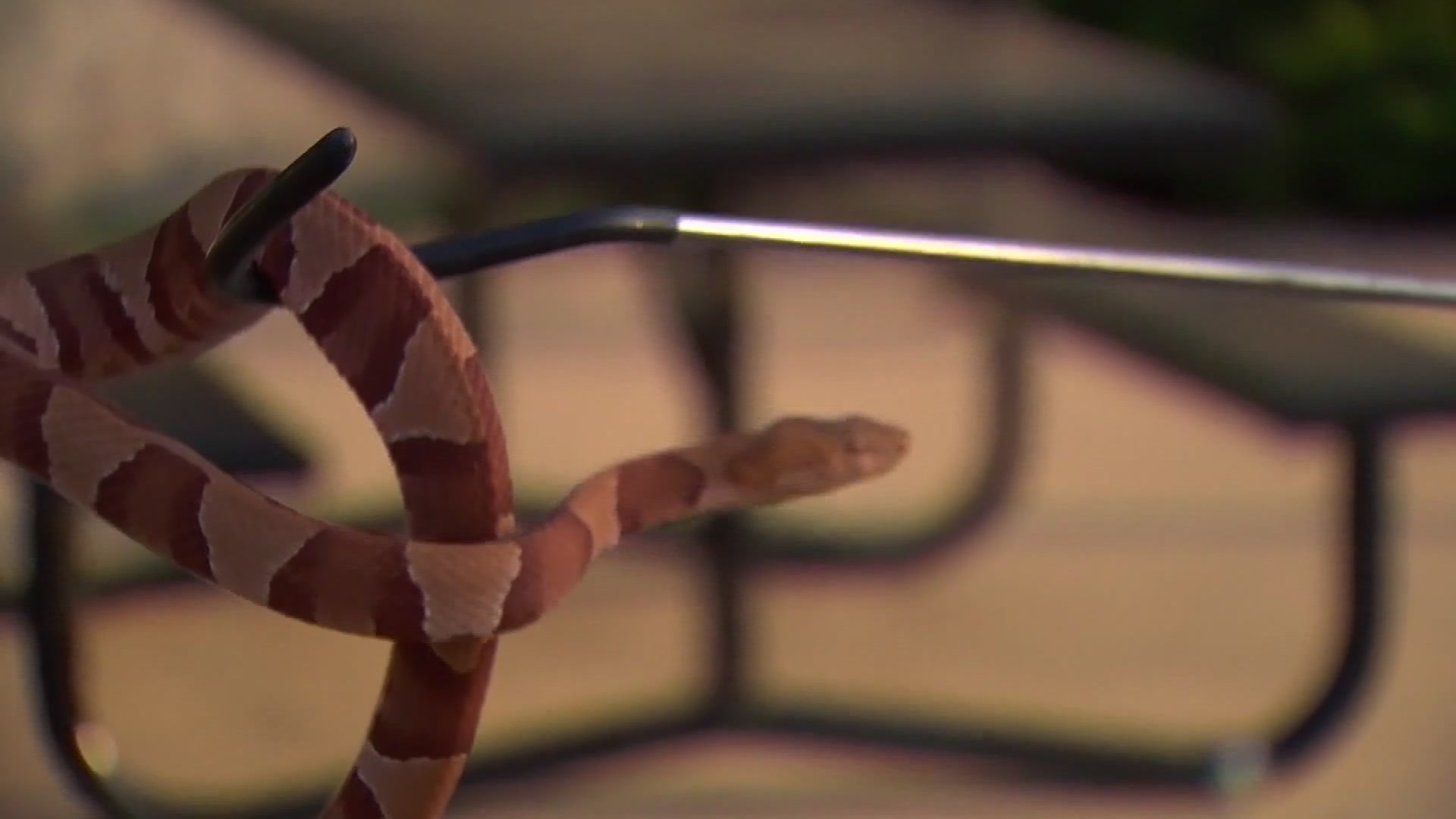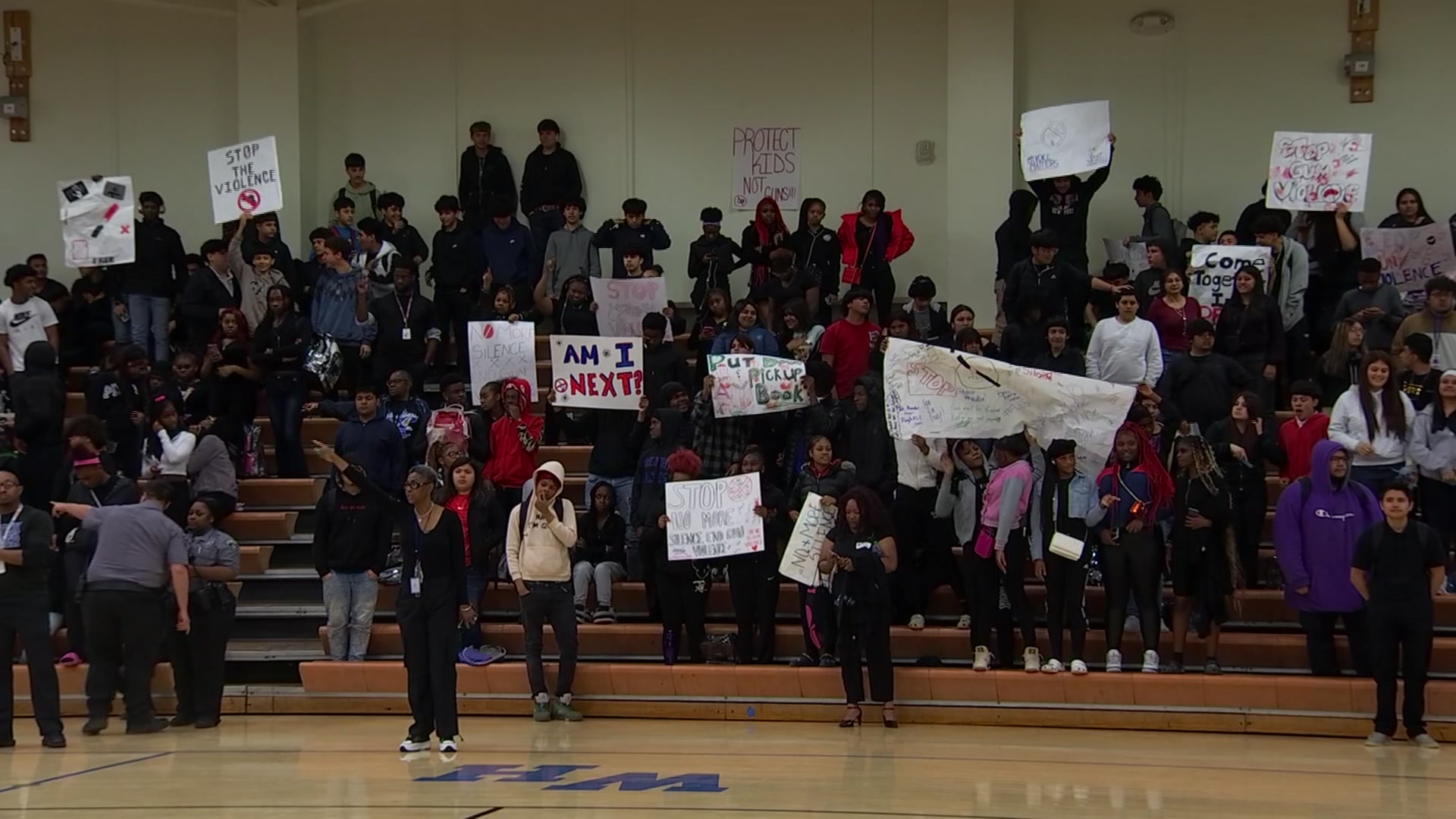Any depiction of history that does not include the work of Black performers is one that is incomplete.
“You had the Belafontes, you had the Poitiers you had the Eartha Kitts you had the Lena Hornes, the Ossie Davis and Ruby Dees,” said Curtis King, President and Founder of The Black Academy of Arts and Letters in Dallas.
King has memories growing up in Mississippi and it has influenced his work. TBAAL will soon celebrate 44 years of existence. He said Black art; Black “freedom songs” propelled a movement.
“Songs like ‘I know I am a child of God’ or ‘Ain’t gon’ let nobody turn me around,’” he said. “And so, the music and all of that fueled the energy, and kept all of that going.”
Decades later, he’s here to witness yet another movement. The death of George Floyd sparked a global outcry and unrest. And again, in the streets of Dallas and beyond, there’s rhythm and there’s song.
“Music gives the fire and fervor and the energy for what all this is about,” said King. “It’s like a heartbeat and a pulse and an energy and a vibration.”
Black theater, Black paintings and Black music are common threads in the fight for freedom and justice. It’s why the survival of The Black Academy of Arts and Letters and other intuitions like it are so important. Kings said black institutions are largely responsible for preserving Black history, life, experience and culture.
Local
The latest news from around North Texas.
Without such organizations and institutions, he said the portrayals would be inaccurate.
“A part of my role and responsibility as the head of an arts organization is to preserve the history and life and the experience of this time,” said King.
Jada Thomas, Lucki Peterson and Rachel Webb are young singers with the academy. They are artists and activists who’ve engaged in conversation and local marches since Floyd’s death.
They reflected on the influence of Black music during pivotal times in history. Peterson, 21-years-old, said the beat of a drum during a march evokes thoughts of Congo Square, a space located in New Orleans’ historic Treme neighborhood. It’s a place where slaves gathered to sing, dance and play music.
“So, when it’s like ‘I march to the beat of my own drum,’ it’s like we really mean that. We mean that. It’s us. It started with us. That is who we are,” said Peterson.
Webb said artists have been responsible for capturing critical messages and distributing them to the masses.
“Music continues to push the agenda. It always pushes the agenda,” said Webb, a recent college graduate.
King said the coronavirus has slowed production at TBAAL, as well as much needed funding. He’s had to cancel performances and the annual summer camp. Revenue, he said, will be down by more than $1 million compared to last year by the end of 2020.
King said Black organizations and institutions are often overlooked.
"When we’re doing the kind of work that we do based upon our mission, the money doesn’t come to our institution," he said.
But he’s not giving up. He expects plays and songs and paintings to come from this moment because of creatives who are participating in the movement.
And if Black artists are not a part of the documentation, he said the story won’t be complete.
“There would be a void,” said King. “There is no such thing as art for art’s sake. Art is for the people. And if it does not represent the life of the people based upon on our own experience, then it’s not true black life.”
As of Wednesday, the state will allow fine arts and performance halls to operate indoors at 50% capacity, according to Phase III of Governor Greg Abbott’s plan to reopen Texas.
For more information on The Black Academy of Arts and Letters go to https://www.tbaal.org/



